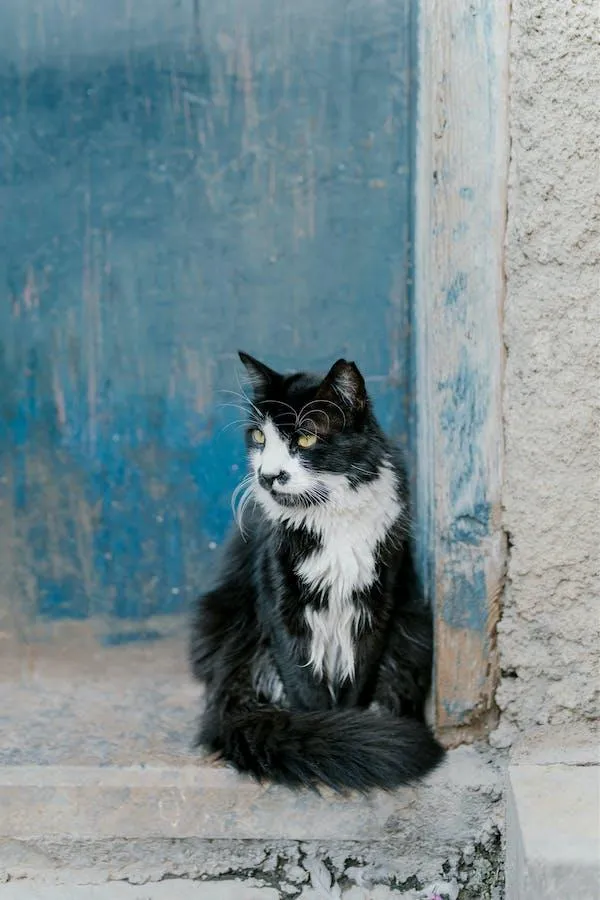

Senior Cats
Senior cats, typically defined as cats aged 7 years and older, require specialised care and attention to ensure they live a healthy and comfortable life.
As cats age, their needs and health concerns change, so it's important for owners to be aware of these changes and adjust their care accordingly.
Here's what you need to know about senior cats:
Health Monitoring:
Regular Vet Visits: Senior cats should have more frequent veterinary check-ups, usually at least twice a year, to catch and address any age-related issues early.
Dental Care: Dental problems are common in older cats, so dental health is essential. Regular teeth cleanings may be required if possible.
Weight Management: Weight gain or loss can be a concern. Adjust their diet as needed to maintain a healthy weight.
Blood Pressure: High blood pressure is common in older cats and can lead to other health issues. Regular blood pressure monitoring is crucial.
Diet and Nutrition:
Adjusted Diet: Older cats often need special diets to address their changing nutritional needs. Look for senior cat foods that are lower in calories and support joint health.
Adequate Hydration: Ensure your senior cat drinks enough water, as they may be more prone to dehydration.
Mobility and Exercise:
Encourage Exercise: Keep your senior cat active to maintain muscle tone and prevent obesity, but be mindful of their physical limitations.
Provide Comfort: Provide soft, comfortable bedding and make it easier for them to access their favourite spots.
Grooming: Older cats may struggle with grooming, so regular brushing can help keep their coats clean and prevent matting.
Mental Stimulation: Provide mental stimulation through toys and play to keep their minds active and prevent cognitive decline.
Pain Management: Arthritis is common in senior cats, causing pain and stiffness. Consult your vet for pain management options, which may include medications or supplements.
Behavioural Changes: Cats may experience behavioural changes as they age, such as increased vocalisation or confusion. Be patient and consult your vet if these changes are concerning.
Litter Box Accessibility: Ensure the litter box is easily accessible. Older cats may have mobility issues or arthritis, making it challenging to use high-sided trays.
Vision and Hearing: Cats may experience diminished vision and hearing. Keep their environment consistent to minimise stress and any confusion.
Social Interaction: Spend quality time with your senior cat. They may appreciate more companionship and attention as they age.
End-of-Life Care: As your cat gets very old, you may need to make end-of-life decisions. It's important to work with your vet to ensure your cat's comfort and well-being in their final days. Sadly, this is something that all of us have to face at some point, but always keep in mind what is best for the cat.
Common health problems in senior cats include kidney disease, hyperthyroidism, diabetes, dental issues, heart disease, and cancer. Regular vet check-ups and early detection can help manage and treat these conditions effectively.
Caring for senior cats involves a combination of regular veterinary care, dietary adjustments, and a supportive, comfortable environment. Being attentive to their changing needs and providing them with love and attention can help senior cats enjoy a happy and fulfilling life in their golden years.